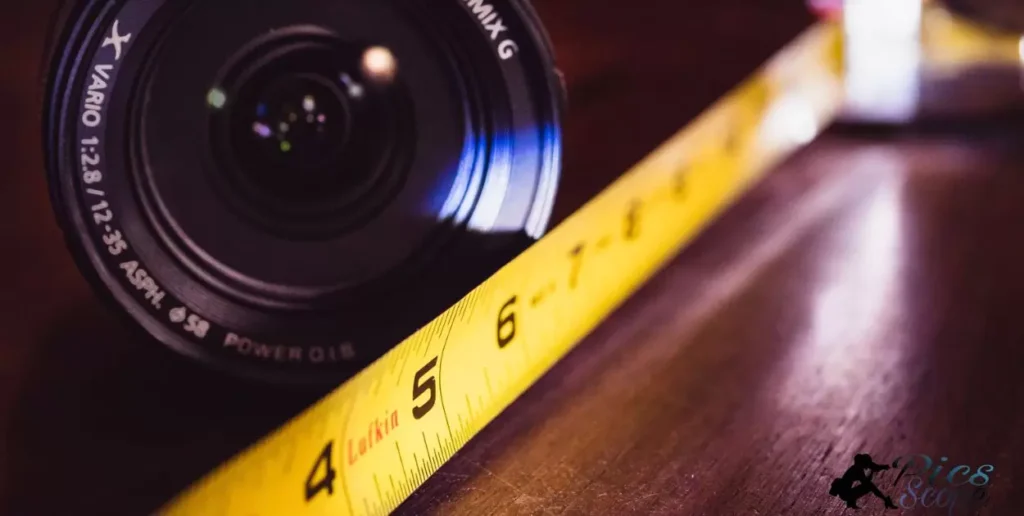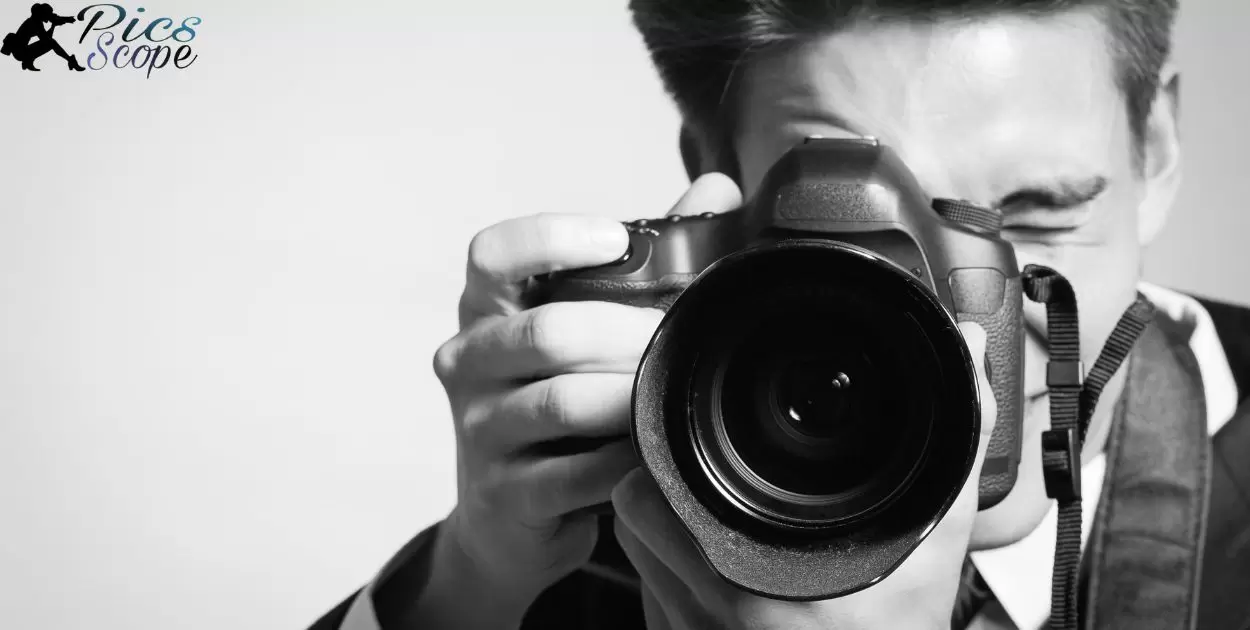To become a good photographer, there are certain essential things required. A photographer needs to have a good camera, lenses and other gear. They also require photography skills, knowledge about different types of cameras and equipment. Photography editing software skills are equally important to make photos look professional.
What do you need to become a good photographer? This is a common question asked by many photography enthusiasts. While passion and interest in photography is a must, there are certain tangible tools and skills needed to excel in this field.
A photographer needs to invest in high quality cameras and lenses to capture great photos. Learning different photography techniques like composition, lighting, depth of field is pivotal. They must also develop an eye for visual details. Understanding software to edit, enhance and process photos is another key requirement to stand out as a skilled photographer.
The essential photography gears for becoming a good photographer
A good photographer needs a quality DSLR camera. Different cameras like mirrorless or point and shoot can also work based on one’s needs and budget. Other basic gears include extra batteries, memory cards, a camera bag and tripod. A photographer must also learn to use different camera settings and modes.
Additional photography gears that help include external flash, lens filters and camera remote. Being aware of all equipments and how to operate them professionally is vital for any photographer.
How to enhance your photography skills for better pictures?
A photographer can take online classes or workshops to learn new techniques. This helps understand topics like composition better. Regular photography assignments and projects assist in practical learning. Viewing photos of skilled photographers and critiquing one’s own images supports skill enhancement. Photographers Get Exposure by exploring various avenues of learning and refining their craft.
What camera specs are important for photography?
Megapixels, ISO range and lens mount are some vital camera specifications. A higher megapixel count allows for prints at larger sizes. Low light performance depends on adequate ISO range. Lens mount compatibility gives flexibility to use different types of lenses. Photography specific features like raw image format and external controls are also valuable.
Choosing the right lenses for your type of photography
Wide angle lenses are suitable for landscape and architecture shots. Telephoto lenses bring distant objects closer. A standard lens in the mid-range works for landscapes as well as portraits. A prime lens ensures sharper photos than a zoom lens. Macro lenses aid in shooting extreme close-ups.
Photography editing – An essential skill for every photographer
Basic editing includes cropping, exposure adjustments and color correction to improve photos. Advanced skills involve techniques like dodging and burning using masks. Understanding tools like layers and blend modes leads to more professional results. Editing own and others’ images develops this prowess over time.
How understanding photography composition can improve your photos?
Following Visual design principles result in well-composed pictures. Aspects like rule of thirds, leading lines and framing create visually appealing frames. Applying techniques such as perspective and balance generates aesthetically compelling photos. Good composition attracts more viewers to photographer’s abilities.
Does photography lighting make a big difference in images?
Lighting can totally transform images. Natural light coming from specific directions influences ambience. Using artificial lighting tools like speedlights and softboxes simulates certain looks. Understanding light quality and shadows helps set up ideal photography lighting scenarios.
What is depth of field and how does it affect photography?

Depth of field refers to distance or zone of sharp focus in photos. Wider apertures produce shallow focus while smaller ones increase depth of field. It becomes an effective creative tool based on subject isolation needs. Photographers learn to manipulate this optical phenomenon for distinct outcomes.
Why is an eye for visual details important in photography?
Noticing minute design elements, textures and patterns reflects visual acuity important for photography. It helps identify intriguing moments or abstract motifs for creative editing. Appreciating such nuances sets apart highly skilled photographers with keen observation skills.
Does regular photography practice lead to perfection?
Just like any skill, photography requires consistent efforts to advance. Practicing helps identify areas needing improvement. Different subjects and unique photo projects aid learning through experience. Regular practice is key to eventually reaching technical and creative excellence as a photographer.
What types of photography courses are helpful for beginners?
Beginners starting their journey in photography can benefit from various instruction resources available to develop essential skills.
- Beginner camera operation classes help learn functionality of DSLRs and exposure basics.
- Subject-specific courses on genres like landscape aid understanding different techniques.
- Online tutorials and workshops on specialized topics expand photography knowledge.
- Community college non-credit programs introduce core techniques in short courses.
- Both paid learning and free educational resources ensure cost-effective skills pickup.
- Hands-on training allowing practice further supports grasping theoretical lessons.
How can different photography styles help explore your creativity?

Trying diverse genres encourages creative thinking. Landscapes depict sceneries while macro captures tiny subjects. Low light shows mastery over challenges. Abstract interprets scenes non-literally. Various styles aid self-discovery beyond conventional photos.
Combining interests prevents static routines. Experimenting freely inspires new perspectives. Flexibility across genres refines photographic voice over time.
Should photographers join photography communities or clubs?
Membership in local photo clubs facilitates networking with peers. It provides a platform to showcase talent, gain constructive criticism and learn new techniques. Club activities like competitions and workshops help enhance skills through collaborative participation.
Communities online and in-person offer chances to connect over photography passions. Advice from experienced members supports learning journeys. Clubs cultivate camaraderie and motivation invaluable for hobbyists and professionals.
What roles do photography mentors and critiques play in learning?
Mentors with experience offer valuable guidance on intricate topics. Their constructive feedback highlights strengths and areas for improvement. Critiques help evaluate photos objectively and apply suggestions for refinement. This focused input accelerates photo skills and conceptual growth.
Receiving criticism from varied mentors indicates gaps and inconsistencies. Photographers learn to self-assess too from multiple perspective sharing. Advice aids advancing one’s vision through fresh critiques.
Why is photography post processing important even for click and shoot cameras?
Editing brings out photo potential by enhancing colors, lighting etc. It allows adjusting effects not possible during shooting. Minor corrections can upgrade average photos neatly. Learning software develops technical prowess creating polished end products.
Exporting photos in appropriate formats preps them for various uses. Post-processing ensures photos meet professional standards benefitting casual and serious photographers.
How does photography projects and assignments enhance skills?
Specific projects around themes encourage honing unique styles. They provide hands-on practice pursuing creative shots. Learning to meet project objectives and deadlines builds time management. Assignments necessitate tackling new technical and compositional challenges.
Completing diverse projects expands abilities across genres. Photographers gain confidence through consistent experience meeting goals. Over time, it results in well-rounded photography skills.
What is the significance of photography portfolios for professional photographers?
A professional photography portfolio is a powerful marketing tool for photographers to showcase their expertise and skills.
| Significance | Description |
| Visual representation | Photography portfolios present a visually appealing collection of a photographer’s best works to clients. |
| Demonstrate abilities | The portfolio communicates the photographer’s range, artistic style and specialization through quality photos. |
| Prospects for work | Well-curated portfolios help photographers get recognized, find new opportunities like assignments and exhibitions. |
| Client attraction | Impressive portfolios attract potential clients and build trust in the photographer’s competencies. |
| Career progression | Consistently updating portfolios shows photographers progress over time, aiding work prospects and chances of growth. |
Should aspiring photographers create photography blogs or websites?
Blogs connect with an engaged audience through photo stories and tutorials. They strengthen online presence and allow spreading creative inspirations. Websites promote photographers through portfolios and promote availability for work.
Sharing photography journeys online sharing garners fame and feedback. It assists photographers in networking, seeking projects and selling artworks to interested clients. Blogs and websites become indispensable online marketing platforms.
How does specializing in a photography niche help build expertise?

Focusing on specific domains like wildlife or astrophotography aids gaining profound knowledge. It offers scope honing skills through dedicated practice. Mastering a niche develops a sharp creative vision and style.
Building name in a specialization attracts related projects and photography jobs. It helps establish authority as go-to specialists for that domain strengthening professional reputation. Niche expertise leads to unique opportunities and growing portfolios.
What motivates professional photographers to keep pursuing photography?
Passion for creative expression and adventure of each shoot is primarily rewarding. Challenging photography goals and scopes for innovations inspire continuous efforts. Pleasing clients and appreciative audiences further motivate professionals.
Recognition through exhibitions, publications and accolades renews enthusiasm. Meanwhile, photography serves as a personally fulfilling full-time career well into the future. Growth through experience nurtures this inspiring artistic journey.
FAQ’s
How much does photography equipment cost to start?
The basic photography gear for beginners including a entry-level DSLR, standard zoom lens and accessories can start from around $500-$800.
What photography skills should be learnt first?
Fundamentals like composition, exposure, lighting form a strong base and help capture better photos from the beginning.
How long does it take to become a professional photographer?
With regular practice over 2-3 years focusing on different genres and styles, one can specialise in specific areas of photography.
Is photography a well-paying career choice?
While it may take time to build a sustainable photography business, successful photographers can generate decent income from assignments, stock sales and teaching workshops.
Which photography post-processing software is best?
Some popular photo editing software used by professionals include Adobe Photoshop, Lightroom and Affinity Photo. Beginning photographers can start with free or low-cost options as well.
Conclusion
To become a good photographer, natural passion and interest are essential. However, possessing the right tools, developing core photography skills through continuous practice and learning from experts will surely help advance skills and abilities over time. Understanding critical technical and creative aspects will lay the solid foundation.
With dedication and perseverance, aspiring photographers can become experts in their field. Photography is both an art and science. While innate talent and creativity play important roles, making the right investments in quality gear.
Training and honing one’s vision through diverse projects and assignments will take photographers to the next level. Regular refinements will keep the learning journey exciting. Mastering the essentials of what it takes will lead photographers toward success







